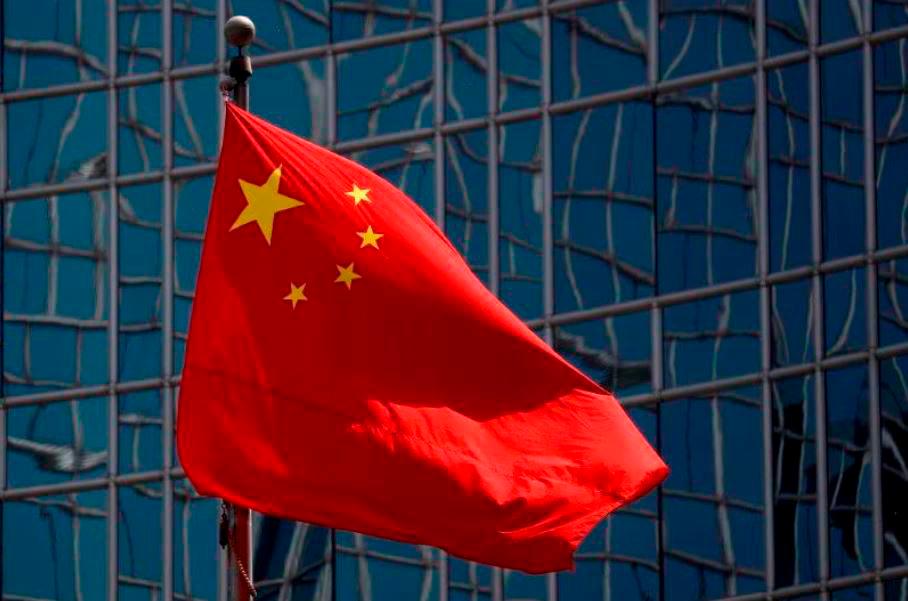KUALA LUMPUR: China is anticipated to implement a 15-day visa-free travel policy for Malaysians, commencing next month, according to a confidential report from a Cabinet source. In return, Malaysia is expected to reciprocate by granting Chinese citizens a 30-day visa-free entry period. The source, as cited by Sin Chew Daily, hinted that China’s official announcement of the visa-free arrangement for Malaysians is imminent.
The move by Malaysia to extend a longer visa-free period for Chinese travelers, as reported by the same source, is a strategic effort to bolster the country’s pursuit of attracting 25 million international tourists. The source revealed that China, with an estimated 120 million individuals capable of international travel, presents a significant target market. Malaysia aims to restore its tourism industry to pre-Covid-19 levels, aspiring for it to become the second-highest contributor to the country’s economy by 2025.
China Daily, an English-language publication, reported that Malaysia is one of six nations set to receive visa-free entry to China within the next 12 months. According to China’s Foreign Ministry spokesman Mao Ning, citizens holding ordinary passports from Malaysia, France, Germany, Italy, the Netherlands, and Spain will enjoy visa-free entry from December 1 this year to November 30 next year. This privilege extends to purposes such as business, tourism, family visits, and transit, allowing a maximum stay of 15 days.
Malaysia, previously experiencing tourist arrivals exceeding 25 million annually from 2012 to 2019, faced a significant decline during the Covid-19 pandemic. Figures from Tourism Malaysia indicate a drop to 4.33 million in 2020, 0.13 million in 2021, and a gradual recovery to 10.07 million tourists in 2022.
China, ranking as the third-highest contributor of international tourists to Malaysia in 2019, played a crucial role with over 3.11 million visitors. Despite Malaysia’s initial stance against exempting Chinese and Indian tourists from visa requirements, the recent developments signal a shift towards a more inclusive approach to promote tourism and economic recovery.









